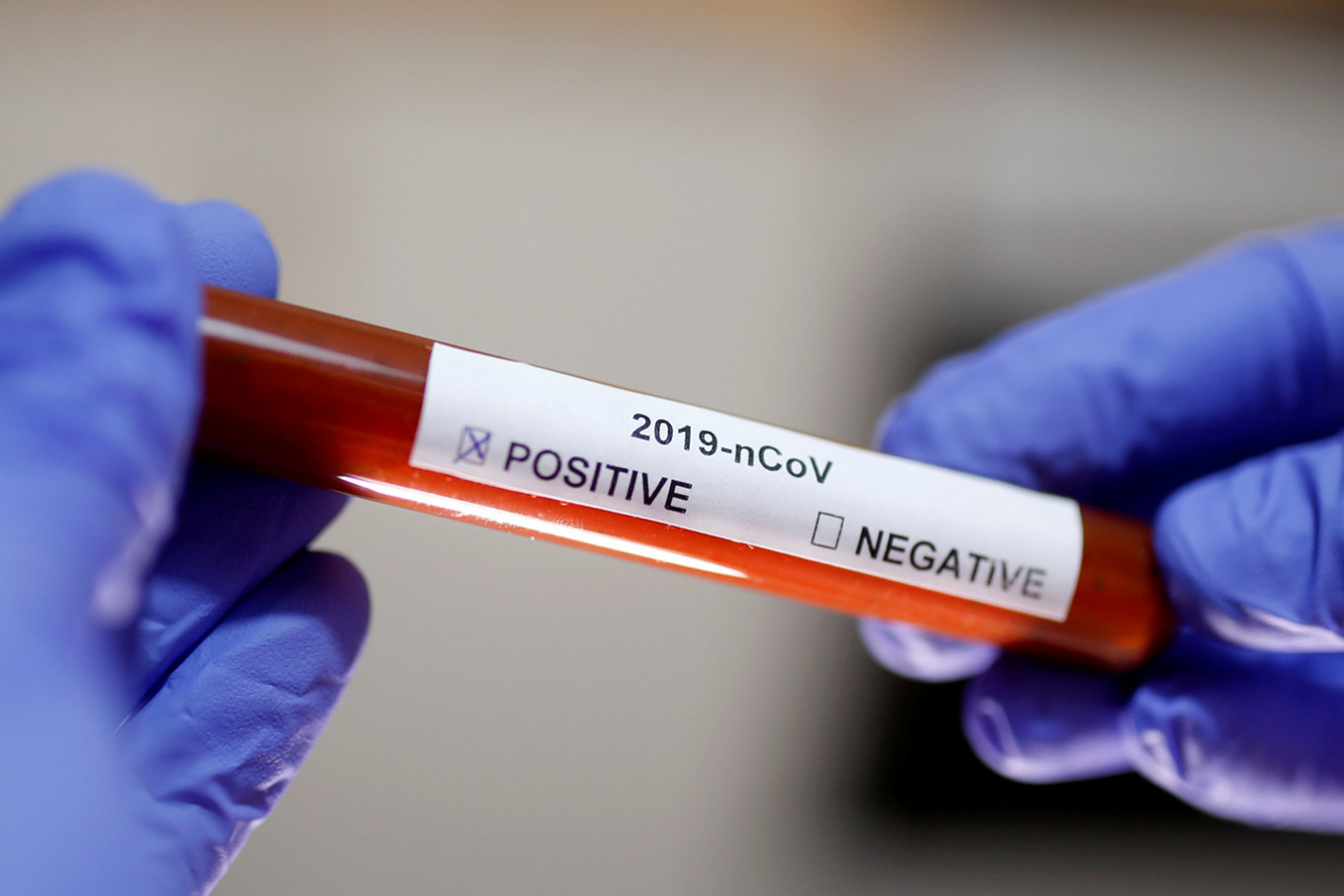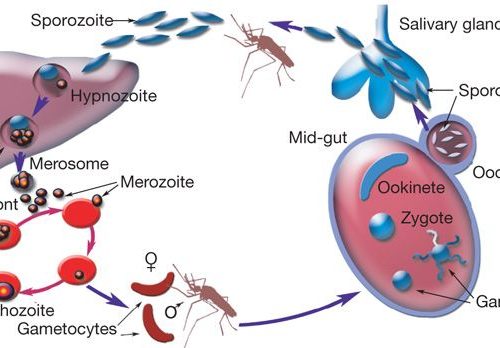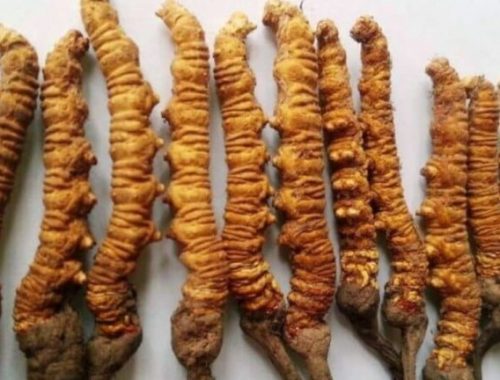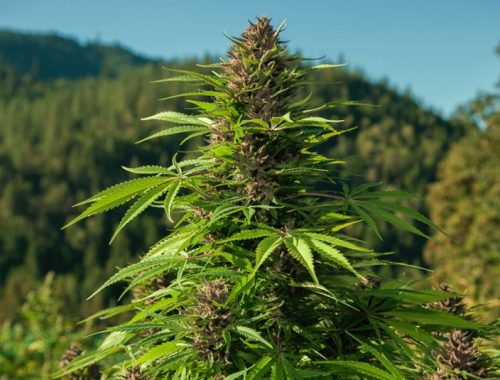The Himalaya kingdom of Bhutan has confirmed its first Covid-19 case of a visiting American tourist, the PM’s Office has announced.
The patient is said to be a 76-year-old from the United States of America, who had come to Bhutan on Mar 2 via India in which he originally arrived on Feb 21.
The Bhutanese government immediately imposed a two-week restriction on all incoming tourists. This is to enable rigorous monitoring, source assessment of infection and mitigate the situation. In addition, all international conferences and seminars to be held in the country in the two weeks are also postponed.
Based on the prepared plans, the Bhutanese king personally oversaw implementation of the response strategy, with health officials to take care of the patient.
A resident of Washington DC, the patient was travelling with his partner, aged 59. There were 10 passengers on board the plane, of which eight others were Indian nationals.
At the Paro International Airport, the American patient’s health declaration form was assessed. He had indicated “negative” against all conditions. He did not have a sign of fever.
However, upon reaching Thimph on the afternoon of Mar 5, he visited the medical clinic, complaining of bloaty abdomen (dyspeptic symptoms) and nausea. The patient suffers from chronic hypertension and is on medication. However, even at that time, he did not have any flu symptoms.
The patient and his partner stayed at Le Meridien on the first night. The following day, he stayed indoor most of the time and went to the hospital again around 3.30pm for stomach upset and diarrhea.
The next day, he travelled to Punakha, with two stops on the way for tea and lunch. He had stayed at Densa Boutique Resort. That evening, he had walked until the Bazam next to Punakha Dzong, and returned to the room.
Yesterday, upon returning to Thimphu, he visited clinic again. He was found to have fever, sore throat, cough and shortness of breath. He was kept under observation at the flu clinic (designated COVID-19 hospital) and samples were collected and sent to Royal Centre for Disease Control (RCDC).
Upon confirmation, he has been isolated in the COVID-19 hospital. Considering his age and underlying conditions, the patient is on oxygen support.
At press time, over 90 persons who might have come into his contact have been traced. Health officials and other relevant agencies are in the process of carrying out primary disease management and contact tracing.
Contact tracings were launched as per the patient’s itinerary. It included people he associated with at all the points and stops along the way, starting from Paro airport to Thimphu, to Punakha and back. It included tea stops at Druk Wangyal Café, and lunch at Punakha High School park.
The close contacts were his partner, the driver and the guide. While all three are asymptomatic for now, they have been quarantined at the designated COVID-19 hospital.
The eight Indian passengers have also been quarantined. The government is closely working with the Indian Embassy.
Health ministry has asked the four crew members of the particular flight, and the hotel staff at both Le Meridien and Densa Boutique Resort to “home quarantine”. Which means they should stay home and maintain distance from people, including family members. Until all suspicions are ruled out, health officials will closely monitor and provide all services at respective homes.
Response plan
As per the National Preparedness and Response Plan, with the detection of first confirmed case of COVID-19, the country stepped into “Orange” zone. The zone is defined as having one or more isolated confirmed cases without secondary transmission.
It is described as “moderate disruption”, according to which the government has to isolate confirmed cases, quarantine suspects, carry out closure of schools, institutions and public gatherings in the affected localities.
Per the response plan, the government had announced closure of schools and institutes in Thimphu, Paro and Punakha for two weeks with effect from March 6.
The duration is specified in keeping with the health advisory, which states that people who would have contracted infection from the primary source would develop full-blown infection by then.
Parents are advised to closely monitor the health of the child. Should there be any concern, parents are asked to contact health officials.




